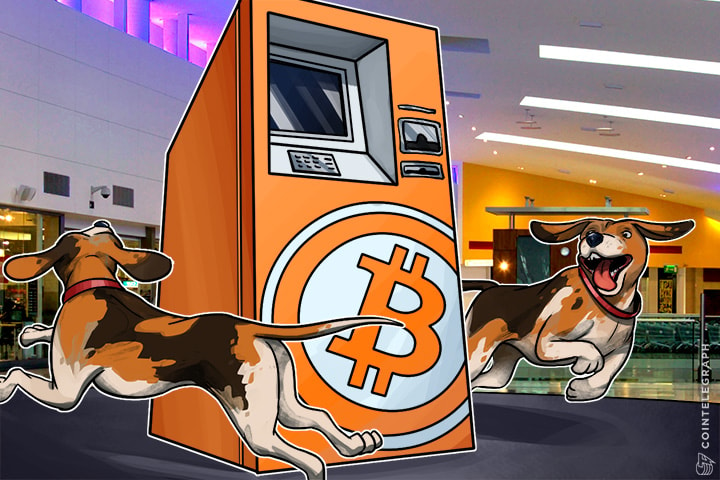Detroit is making a name for itself as the badlands of America once more - but this time round, it’s all about Bitcoin ATM crime.
According to a complaint filed in the Northern Illinois District Court last month, an unlikely situation has transpired in which a group of men are allegedly smashing up Bitcoin ATMs to eradicate competition in the area.
The machines targeted are owned by the plaintiff, Bitcoin of America, which alleges almost 20 of its 70 BTMs have had their screens smashed over a nine-month period.
Those involved are suspected to be rival BTM operators, brothers Andrew and Alvin Konja and various “co-conspirators.” The Konjas are listed as controlling two businesses, MT Group and Bitexpress, which merged at some point.
Competitor ‘would be shot in the head’
“Under the leadership of Andrew Konja, Defendants have engaged in a scheme of intimidation and destruction of competition for Bitcoin ATMs in major metropolitan areas, including Detroit and Chicago,” the complaint reads.
In addition to causing wilful damage to machines, it is also alleged that the defendants blackmailed their rivals into replacing them with machines operated by companies in which the Konja brothers had interest.
The language of the document itself reads more like a spaghetti western, and indeed it is difficult to believe that such activity could affect the nascent BTM industry.
“On at least one occasion, one of the Defendants, acting alone or in concert with others, told a competitor that he would be shot in the head if he continued to operate bitcoin ATMs in the Detroit metropolitan area,” it continues.
The defendants are reported to have used self-destructing messages in order to shield their activities from infiltrators.
Choose your ATM partners wisely
Despite the still small size and relative youth of the industry, this is not the first time that Bitcoin ATM crime has come to light.
In September, German company Bitheus, which operates the BitXatm network, revealed that 18 of its, at the time, almost 200 strong fleet of ATMs had been “sabotaged” by a “former employee.”
An initial announcement gave few details as to the circumstances, promising only that upgrades would be carried out to prevent the situation from repeating itself.
As investigations continued, more information came to light.
“Our extensive investigations have revealed a very interesting thing: the criminal, who volunteered often for night support, was encouraged and advised to execute sabotage operations inside our ATMs network,” Bitheus stated.


